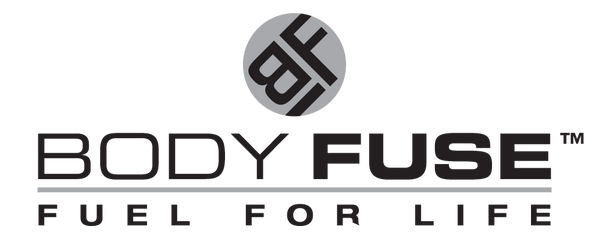Creatine is the number-one supplement for improving performance in the gym.
Studies show that it can increase muscle mass, strength and exercise performance
Additionally, it provides a number of other health benefits, such as protecting against neurological disease.
Some people believe that creatine is unsafe and has many side effects, but these are not supported by evidence. In fact, it is one of the world’s most tested supplements and has an outstanding safety profile.
What is Creatine?
Creatine is a substance that is found naturally in muscle cells. It helps your muscles produce energy during heavy lifting or high-intensity exercise. Taking creatine as a supplement is very popular among athletes and bodybuilders in order to gain muscle, enhance strength and improve exercise performance. Chemically speaking, it shares many similarities with amino acids. Your body can produce it from the amino acids, glycine and arginine.
Several factors affect your body's creatine stores, including meat intake, exercise, amount of muscle mass and levels of hormones like testosterone and IGF-1. About 95% of your body's creatine is stored in muscles in the form of phosphocreatine. The other 5% is found in your brain, kidneys and liver.
When you supplement, you increase your stores of phosphocreatine. This is a form of stored energy in the cells, as it helps your body produce more of a high-energy molecule called ATP. ATP is often called the body's energy currency. When you have more ATP, your body can perform better during exercise.
Creatine also alters several cellular processes that lead to increased muscle mass, strength and recovery.
Creatine can improve health and athletic performance in several ways. In high-intensity exercise, its primary role is to increase the phosphocreatine stores in your muscles. The additional stores can then be used to produce more ATP, which is the key energy source for heavy lifting and high intensity exercise.
Creatine also helps you gain muscle in the following ways:
- Boosted workload: Enables more total work or volume in a single training session, which is a key factor in long-term muscle growth ;
- Improved cell signaling: Can increase satellite cell signaling, which aids muscle repair and new muscle growth;
- Raised anabolic hormones: Studies note a rise in hormones, such as IGF-1, after taking creatine;
- Increased cell hydration: Lifts water content within your muscle cells, which causes a cell volumization effect that may play a role in muscle growth;
- Reduced protein breakdown: May increase total muscle mass by reducing muscle breakdown;
- Lower myostatin levels: Elevated levels of the protein myostatin can slow or totally inhibit new muscle growth. Supplementing with creatine can reduce these levels, increasing growth potential.
Creatine supplements also increase phosphocreatine stores in your brain, which may improve brain health and prevent neurological disease.
Creatine is effective for both short- and long-term muscle growth. It assists many different people, including sedentary individuals, older adults and elite athletes.
- One 14-week study in older adults determined that adding creatine to a weight-training program significantly increased leg strength and muscle mass.
- In a 12-week study in weightlifters, creatine increased muscle fiber growth 2–3 times more than training alone. The increase in total body mass also doubled alongside one-rep max for bench press, a common strength exercise.
Stay tuned for posts addressing effects creatine has on strength and exersize performance as well as positive affects on the brain. Check out The Body Fuse line of super effective creatine.



